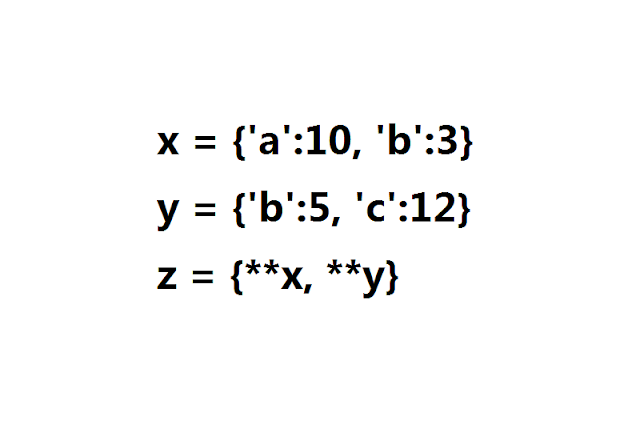How to iterate dictionaries using for loops in Python

With for loops, we can iterate a dictionary by key, value or both of them: By key: >>> d = {'a':12, 'b':2, 'c':21} >>> for key in d: print(key, end=' ') a b c >> > By value: >>> for value in d.values(): print(value, end=' ') 12 2 21 >>> By both key and value: >>> for key, value in d.items(): print(key+ ":"+ str(value)) a:12 b:2 c:21 >>> Caveat, please check the following code: >>> for key in d: print(key + ':' + str(d[key])) a:12 b:2 c:21 >>> It does the same thing as the d.items() code, but d[key] inside a for loop caused the keys to be hashed again, which is not efficient if the dictionary is large.
